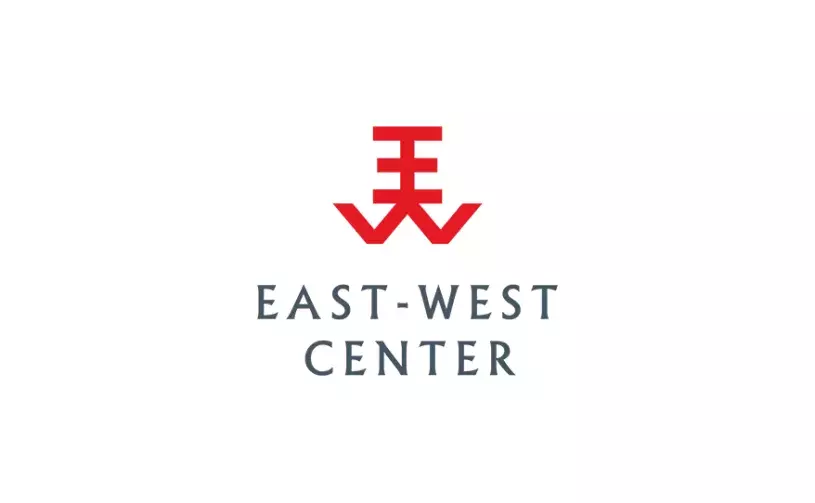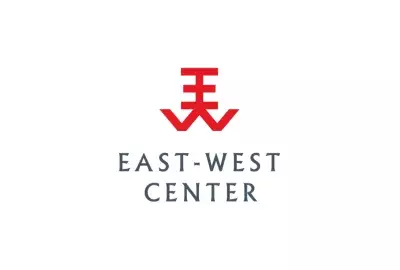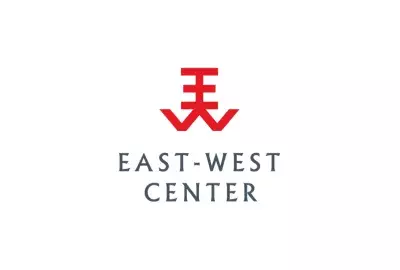Error message

Efficient licensing of standard-essential patents (SEPs) is crucial for achieving a rapid and broad-based diffusion of innovation. Owners of large SEP portfolios (and their supporters) argue that the governance of SEPs works reasonably well and that patent holdup and other negative effects are "purely theoretical". In reality however, the governance of SEPs remains highly inefficient.
This paper addresses two unresolved issues. First, most of the existing SEP research has focused on advanced countries. It is time to address growing concerns in emerging and developing countries that SEP-related market failures may create added uncertainty for their companies, generating unpredictable and often quite significant costs and delaying market entry of their products. Second, such SEP-related market failures are even more important in a world where increasingly complex and diverse global corporate networks integrate dispersed production, engineering, product development and research across geographic borders. The paper seeks to extend the analysis of SEPs to include challenges that companies from an emerging economy face that when they are deeply integrated into these global networks of production (GPNs) and innovation (GINs).
The paper summarizes what we know about SEP-related market failures and their impacts on standard implementers, and highlight drivers and the hierarchical nature of GPNs and GINs, distinguishing network flagships and different layers of network suppliers. The paper will then discuss a new "gains from trade" doctrine for economic development, promoted by the OECD, the WTO, and the World Bank, which emphasizes the role of global network integration as "the 21st century's fast lane to industrial development". Participation in these global corporate networks raises new challenges, especially for lower-tier suppliers, many of them based in emerging or developing countries. Also discussed are restrictions imposed by the new "gains from trade" doctrine on national innovation policies, especially with regard to patents and standards. These restrictions may well constrain the capacity of those companies to cope with the imperfect governance of SEPs.
It is on this basis that a preliminary research agenda is sketched out for exploring impacts that Chinese companies may face within GPNs or GINs. Suggested responses to some of these market failures are reviewed, using illustrative examples from standard development organizations and competition policy.
Efficient licensing of standard-essential patents (SEPs) is crucial for achieving a rapid and broad-based diffusion of innovation. Owners of large SEP portfolios (and their supporters) argue that the governance of SEPs works reasonably well and that patent holdup and other negative effects are "purely theoretical". In reality however, the governance of SEPs remains highly inefficient.
This paper addresses two unresolved issues. First, most of the existing SEP research has focused on advanced countries. It is time to address growing concerns in emerging and developing countries that SEP-related market failures may create added uncertainty for their companies, generating unpredictable and often quite significant costs and delaying market entry of their products. Second, such SEP-related market failures are even more important in a world where increasingly complex and diverse global corporate networks integrate dispersed production, engineering, product development and research across geographic borders. The paper seeks to extend the analysis of SEPs to include challenges that companies from an emerging economy face that when they are deeply integrated into these global networks of production (GPNs) and innovation (GINs).
The paper summarizes what we know about SEP-related market failures and their impacts on standard implementers, and highlight drivers and the hierarchical nature of GPNs and GINs, distinguishing network flagships and different layers of network suppliers. The paper will then discuss a new "gains from trade" doctrine for economic development, promoted by the OECD, the WTO, and the World Bank, which emphasizes the role of global network integration as "the 21st century's fast lane to industrial development". Participation in these global corporate networks raises new challenges, especially for lower-tier suppliers, many of them based in emerging or developing countries. Also discussed are restrictions imposed by the new "gains from trade" doctrine on national innovation policies, especially with regard to patents and standards. These restrictions may well constrain the capacity of those companies to cope with the imperfect governance of SEPs.
It is on this basis that a preliminary research agenda is sketched out for exploring impacts that Chinese companies may face within GPNs or GINs. Suggested responses to some of these market failures are reviewed, using illustrative examples from standard development organizations and competition policy.
East-West Center Working Papers: Innovation and Economic Growth Series






